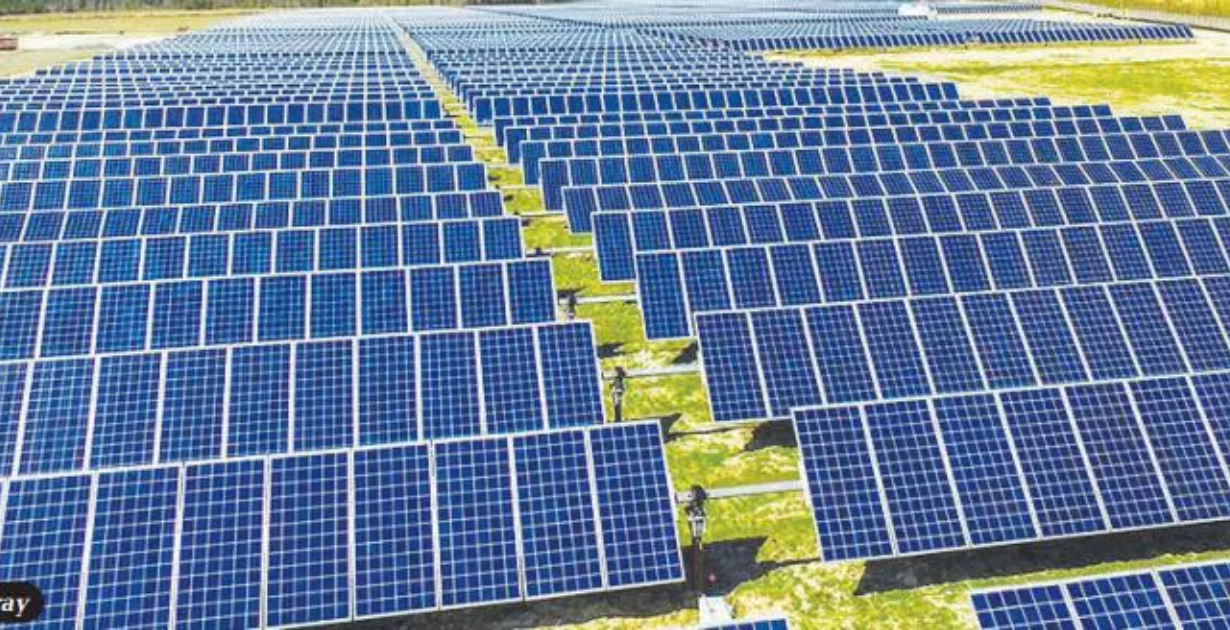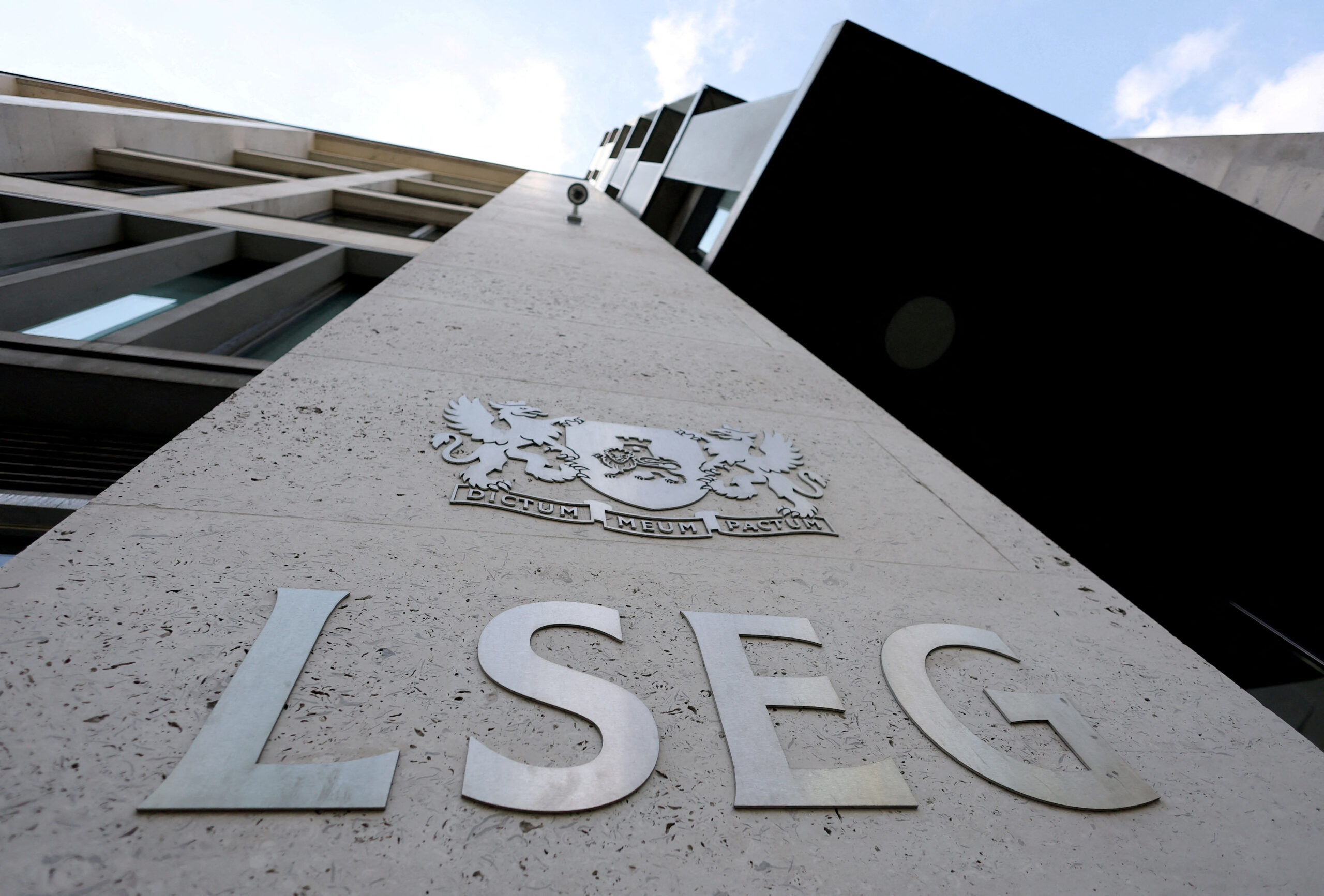Banning of Solar Panel Importation Will Worsen Nigeria’s Energy Crisis- CPPE
The federal government has been advised by the Centre for the Promotion of Private Enterprise (CPPE) that the energy crisis in the country could be exacerbated by a moratorium on the importation of solar panels, given the conspicuously inadequate domestic production capacity.
Mr. Uche Nnaji, the Minister of Science and Technology, issued a statement that indicated the government intended to prohibit the importation of solar panels in order to stimulate domestic production. The CPPE subsequently issued its recommendation.
Dr. Muda Yusuf, the Chief Executive Officer of CPPE, issued a statement on Tuesday, as he strongly advised against this policy proposition, stating that the CPPE believed that Nigeria was not yet ready for a ban on the importation of solar panels due to the acute energy deficit in the economy and the obvious domestic capacity limitations for the production of solar panels.
Yusuf stated, “Nigeria currently has one of the worst energy accesses, with a per capita electricity consumption of approximately 160kWh, which is significantly lower than the average of 350 Kwh in Sub-Saharan Africa.”
“The implementation of solar energy solutions is one of the most significant government initiatives to address this issue, and it has achieved remarkable momentum.”
“The energy crisis in the country would be exacerbated by a prohibition on the importation of solar panels, given the glaringly insufficient domestic production capacity.”
He contended that the proposed prohibition was a complete contradiction to the government’s policy of fostering the adoption of renewable energy solutions by households, small businesses, rural communities, government institutions, and other corporate organizations.
This policy has gained significant momentum in the past two years, particularly in light of the increasing energy costs in the economy.
Yusuf stated, “It would exacerbate the issue of energy access by rendering solar energy solutions prohibitively expensive, rendering them unattainable for the average Nigerian.”
He also stated that the welfare cost of a prohibition on the importation of solar panels would be extremely high due to the escalation in the cost of procuring solar solutions.
He believed that the more preferable course of action at this time was to pursue methods that would increase affordability, rather than to increase expenditures.
He observed that the CPPE concurred with the minister’s vision of promoting the domestic production of solar panels, but cautioned that the transition process should be meticulous, incremental, and laborious.
Otherwise, the imposition of a premature prohibition on the importation of solar panels would be highly disruptive and counterproductive.
Yusuf also contended that the consideration of an import ban is a significant trade policy decision that necessitates rigorous, robust, and meticulous empirical studies to ascertain the domestic demand for solar solutions, the domestic capacity to meet those demands, and the implications for the broader economy.
He also stated that the empirical research should be conducted to ascertain the availability and sufficiency of the critical inputs required for the production of solar panels.
He asserted that the renewable energy investing community, the business community, households, and multilateral organizations are already experiencing anxiety and concerns as a result of the minister’s announcement of a planned importation prohibition.
“It has substantially increased the political and policy risks associated with investing in renewable energy solutions in Nigeria.”
“This should be avoided due to the detrimental effect on investors’ confidence.” To reestablish that confidence, it is imperative that the government provide urgent clarification of its stance.
“The Ministry of Science and Technology is not responsible for the fundamental trade policy issue of prohibiting the importation of solar panels.”
“The coordinating minister of the economy, in conjunction with the minister of national planning and budget and the minister of industry, trade, and investment, should typically be responsible for the conception, formulation, and implementation of such policies.”
Additionally, a comprehensive stakeholder consultation should be implemented to facilitate an inclusive policy process. This would enable a thorough examination of the broader economic and social ramifications of such a fundamental policy shift.
“The CPPE suggests that the government should provide investors in the solar panel production industry with robust fiscal and monetary incentives, including tax incentives, tariff concessions on intermediate products, and concessionary long-term financing at a single-digit interest rate,” Yusuf stated.
The CPPE also encouraged the government to reduce the import duty on batteries, inverters, and wind turbines to 5.0 percent in order to enhance the economy’s productivity, energy security, and energy access.
He also clarified that Executive Order 5, which the minister referenced, is a procurement policy that instructs Ministries, Departments, and Agencies (MDAs) to prioritize Nigerian service providers in their procurement processes for products and services
news via inbox
Get the latest updates delivered straight to your inbox. Subscribe now!




